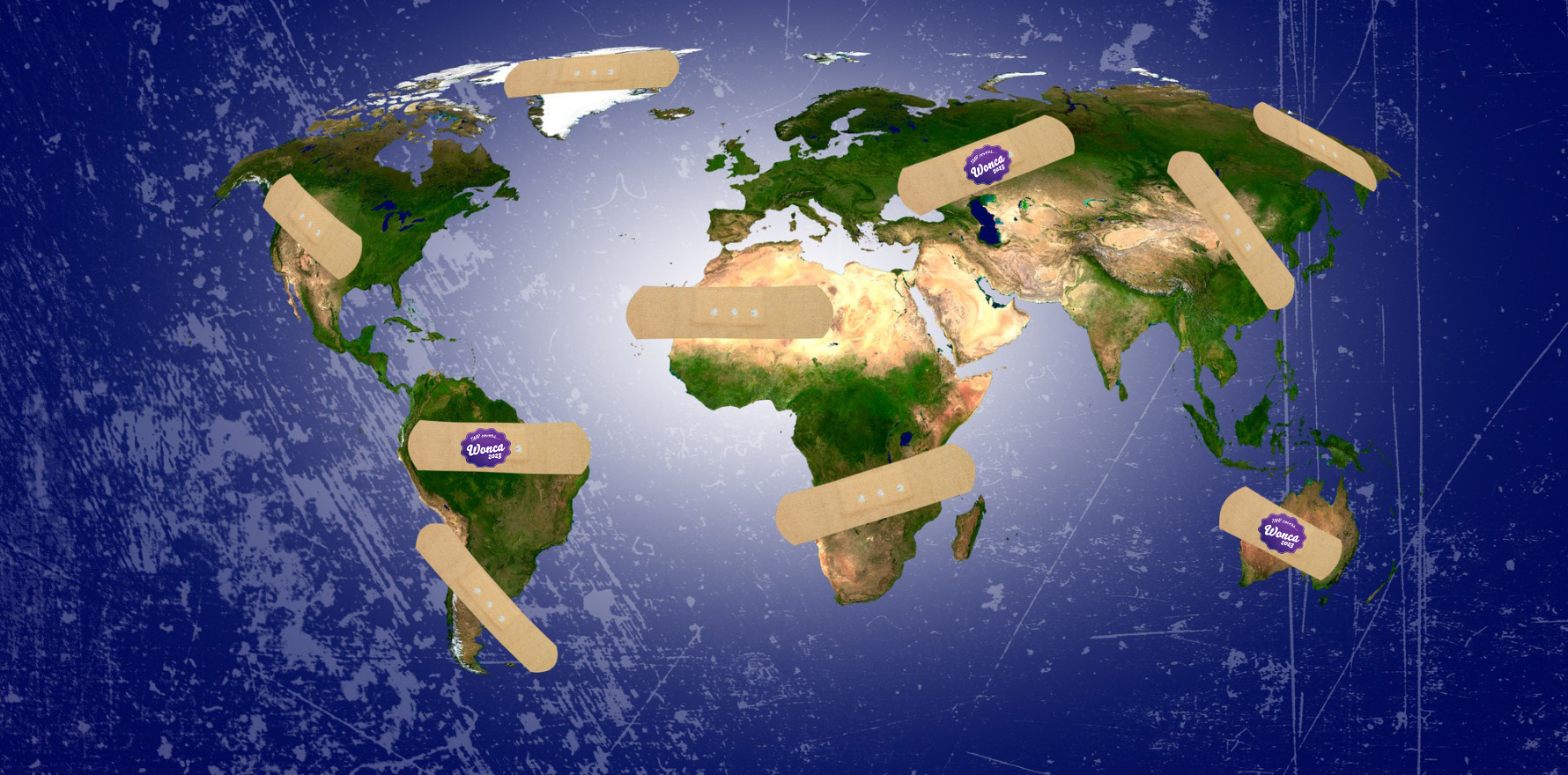Professor Trish Greenhalgh on what unites general practice across the oceans, and what it really means to be a GP guru.
The fact that virtually every country around the world is reporting some form of crisis in its general practice workforce was top of mind for many at the WONCA world GP conference in Sydney last week, not least world-renowned GP researcher Professor Trish Greenhalgh.
Currently working at the University of Oxford, Professor Greenhalgh is one of the biggest names in the industry – one Australian GP (not to name names, but it was Dr Tim Senior) even brought his favourite textbook to WONCA in hopes of getting her signature.
Her Thursday afternoon keynote talk, A Sector Suffering, covered in brief some of the trends affecting the profession in a post-covid world.
The Medical Republic sat down for a chat with Professor Greenhalgh for a deeper dive into some of general practice’s most pressing issues.
TMR: Lots of GPs see you as a bit of a hero. What’s that like?
Professor Greenhalgh: It makes me feel old, actually. I remember when I was a young GP academic coming to my first WONCA and there were mostly old men there – this would be 30 years ago. They would come along and give a keynote and then they’d sit in the cafe just drinking tea, and they wouldn’t go to the little sessions, and then people would just come up and talk to them. And I thought, ‘Whoa, those are the gurus’.
Really, I know now, they were just old. Eventually, if you hang out and stick around, you’re the last person standing.
TMR: You talked in your keynote about how general practices in the UK are incentivised to message patients asking them to come in for preventative health checks, unlike Australia. Could you give some more insight into those differences?
Professor Greenhalgh: I’m not sure that there’s that much difference. I think you will find that in Australia, you do have quite a lot of this stuff, it’s just that you don’t have the same quality and outcomes framework.
You get paid very differently in Australia. If you were going to have a conversation with someone about their risk, it might take you an extra 10 minutes. That would mean that you didn’t see the next patient, and that you get paid less because you’re being paid to the number of patients you see.
In the UK, you get … paid a certain amount per year whether you see the patient zero times, or 10 times.
[Where in Australia collecting that data] costs GPs income, in the UK it actually brings in income if you’re doing these checks … the incentives are slightly different.
TMR: Taking a step back, what are the common issues facing general practice around the world?
Professor Greenhalgh: Is there anywhere in the world where there isn’t a crisis in general practice? If so, I’ll go and work there.
We live in a globalised world now, and medicine is one of the most portable qualifications.
If you have a country that … produces GPs and those GPs then emigrate, you’ve got a problem. The workforce crisis in healthcare is a global crisis, is what I’m trying to say. There may be countries that don’t have a shortage of GPs, but I can’t think of one. I think we have got a chronic and worsening crisis in general practice right around the world and it’s partly because general practice isn’t very popular at the moment.
But then there’s also the issue that the workload is increasing because secondary care is shifting work to primary care. We need more GPs and we’re getting fewer. And yes, I do think it’s a global problem.
TMR: Your keynote speech also touched on the lack of witness to GP suffering, and I was wondering if you could expand on that point.
Professor Greenhalgh: There was a paper by Dr Eleanor Barry in the British Journal of General Practice a few years ago where she systematically demonstrated that GPs are portrayed in [the media] in a very negative way as lazy, ignorant and less moral than secondary care doctors. It’s really troubling.
I also had a medical student a few years ago who did a really clever study on her fellow medical students about how many of them had experienced a secondary care doctor disparaging general practice, warning a medical student not to become a GP or being rude about GPs. And it was everywhere.
The only people who recognise how tough it is in general practice are the GPS themselves, and that’s no good.
WONCA was held in Sydney from 26-29 October.





